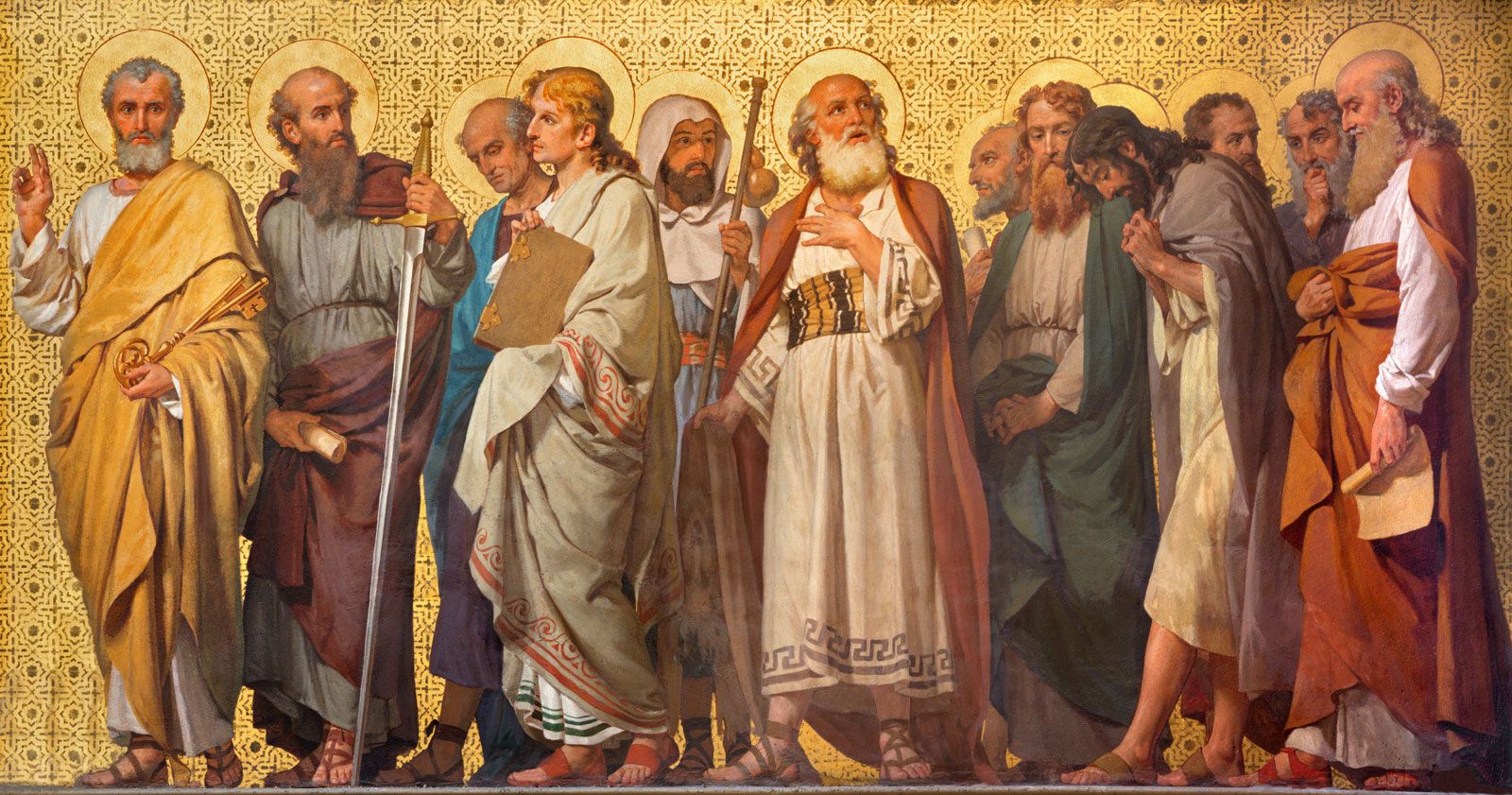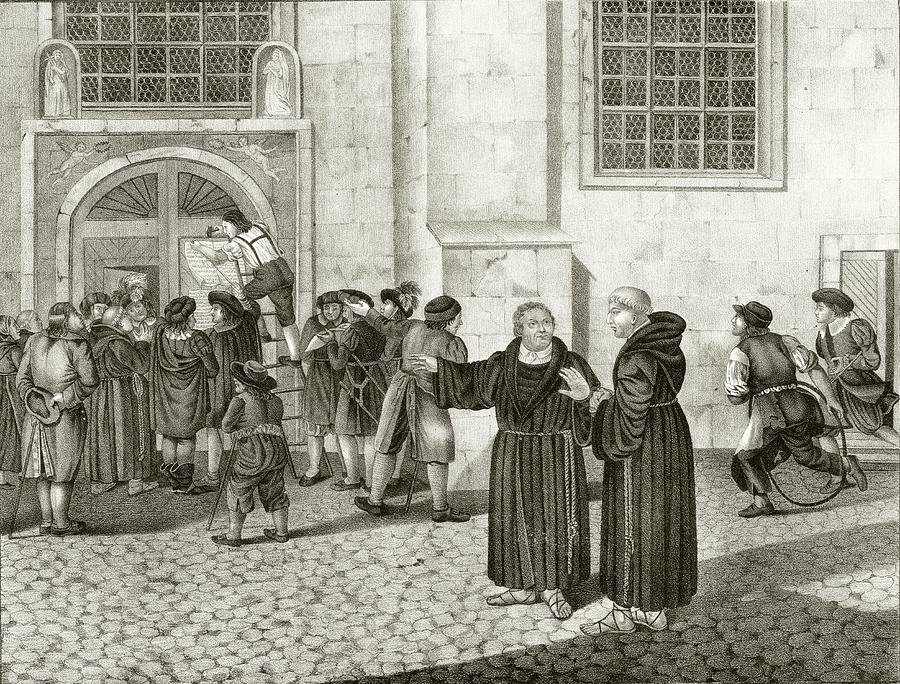Historical Christian Movements: Reflecting on Our Roots to Shape Our Faith Journey
As I’ve traversed various landscapes of belief, doubt, and discovery in my spiritual journey, the stories of historical Christian movements have often served as both anchor and compass. These movements, with their rich diversity and profound influence on the broader narrative of Christianity, offer invaluable insights into the resilience, adaptability, and transformative power of faith. In this exploration, I delve into the historical context, pivotal figures, and enduring theological implications of these movements, drawing connections to contemporary Christian faith and practice.
The Early Church: A Movement of Unwavering Faith
The journey of historical Christian movements begins with the early church, a testament to the power of faith in the face of persecution and adversity. As recounted in the Acts of the Apostles and the epistles, the early Christians’ unwavering commitment to the teachings of Jesus laid the foundational stones for what was to become a global faith. This period was marked by remarkable figures such as Peter, Paul, and the early martyrs whose stories of sacrifice and devotion continue to inspire believers today.

The Reformation: A Call to Return to Scriptural Truths
The 16th century witnessed one of the most significant turning points in Christian history—the Protestant Reformation. Sparked by Martin Luther’s 95 Theses, this movement called for a return to the scriptural truths and challenged the excesses of the Roman Catholic Church. The Reformation underscored the importance of scripture, faith, and grace over rituals and human mediators, reshaping Christian practice and spawning a multitude of denominations that continue to thrive.

Connecting with Contemporary Faith
Exploring these movements within their historical context offers profound lessons for today’s believers. Similar to Augustine’s reconciliation of faith and reason, as discussed in Augustine Christian Thinker: Exploring Faith and Reason, the enduring narratives of historical Christian movements encourage us to navigate modern challenges with a faith that is both informed and vibrant. They also invite us to reflect on how adversity, be it in the form of financial hardship, societal injustice, or personal trials, as discussed in recent articles on David Maiolo’s Bible Blog, has continually shaped the Christian faith into a force for hope, transformation, and resilience.
Theological Implications and Diversity of Thought
The theological implications of historical Christian movements are vast, fostering a rich tapestry of belief and practice within Christianity. These movements remind us of the dynamic interplay between tradition and reform, challenging us to engage with our faith in ways that are both reverent and critically reflective. They highlight the diversity of thought within the Christian tradition, underscoring the value of dialogue and exploration in our quest for spiritual depth and understanding.
Personal Reflections: The Journey Continues
My personal journey of faith, marked by intersections of doubt, discovery, and a deepening commitment, resonates with the historical ebbs and flows of Christian movements. These stories inspire me to approach my faith with both humility and boldness, embracing the complex beauty of belief that is ever-evolving yet grounded in eternal truths. They encourage us to see our personal and communal challenges as opportunities for growth and renewal, much like the historical figures and movements that have shaped our faith legacy.

Further Exploration and Resources
For those inspired to delve deeper into the rich history of Christian movements, numerous resources are available. From the early writings of the church fathers to the prolific works of Reformation leaders, these texts offer a wealth of knowledge and insight. Additionally, contemporary analyses and reflections provide valuable perspectives on how these historical movements continue to influence Christian belief and practice today.
In sum, the historical Christian movements not only illuminate our past but also guide us in navigating the complexities of contemporary faith. They invite us to engage with our spiritual heritage, seeking wisdom and inspiration to live out our beliefs in a world that is both challenging and rich with opportunity.



I wrote this piece to explore the deep and enduring impact of historical Christian movements on our contemporary faith journeys. By reflecting on our spiritual heritage, we can find guidance, inspiration, and a deeper understanding of our place within the rich tapestry of Christian belief. I hope readers will feel connected to the broader narrative of Christianity and be encouraged on their own faith journeys.
This article was a fascinating read, especially coming from a background where I often wrestle with reconciling my faith with progressive values. It’s enlightening to see how Christianity has evolved through its historical movements, adapting and responding to societal changes. It makes me wonder, how can we draw from these lessons to ensure that modern Christianity continues to embrace diversity and inclusivity?